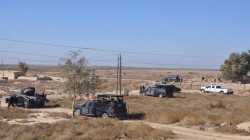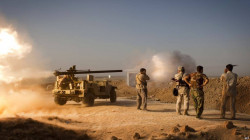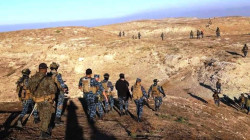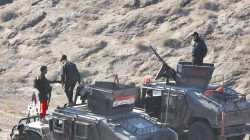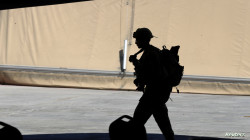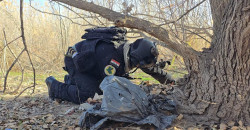Political strife disrupts services, administration in four Iraqi governorates
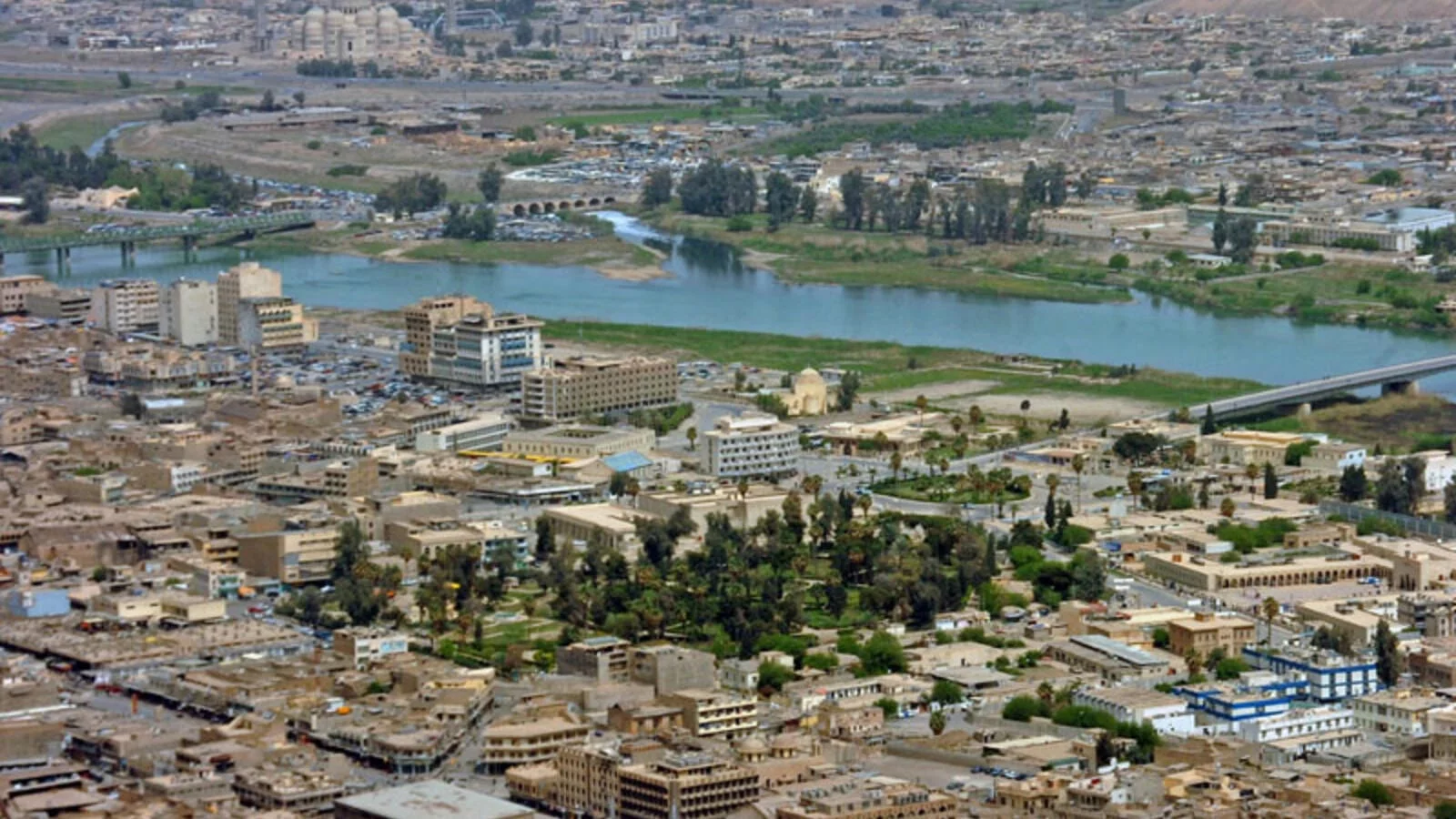
Shafaq News/ Political tensions are brewing in the Iraqi governorate councils of Kirkuk, Nineveh, Diyala, and Saladin despite the relative stability in security. Observers note that recent council elections have disrupted the political scene, affecting administrative and public services.
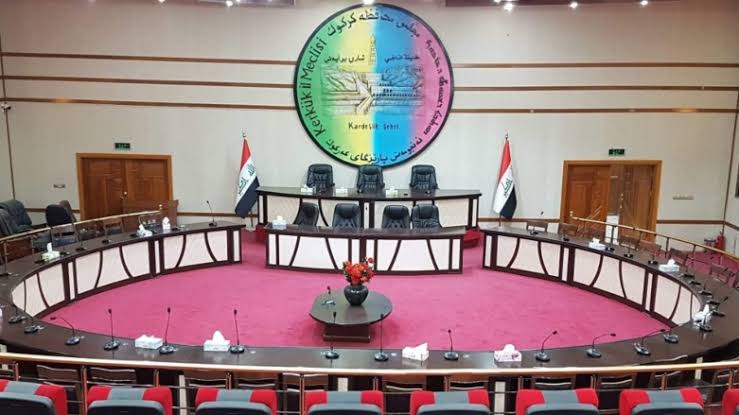
In Kirkuk, Ismail al-Hadidi, Secretary-General of the al-Hadaf al-Watani Party, explained that while the conflict in the governorate is not new, it has shifted from ethnic clashes to competition among groups. The current disputes, he said, are a result of the agreement that formed the local government, led by Prime Minister Mohammad Shia al-Sudani.
Speaking to Shafaq News Agency, al-Hadidi said that Turkmen groups and some Arabs were left out of the agreement that formed Kirkuk's local government.
He mentioned that "opposition will continue until the Federal Supreme Court rules on the matter."
If the court chooses to support the government's formation, he expects the Turkmen to join eventually.
Al-Hadidi noted that the Kurdish dispute between the Patriotic Union of Kurdistan (PUK) and the Kurdistan Democratic Party (KDP) precedes the internal differences inside the council, hinting at the deep-rooted differences between the two major parties in the semi-autonomous Kurdistan region.
The Turkmen, aligning with Arab groups, tried to form a government with the KDP's help.
Although the PUK is usually dominant in Kirkuk, the KDP managed to secure enough support to form the government, which led other Arab factions to back the PUK and finalize the process.
He warned that excluding the Turkmen from the local government could destabilize security in Kirkuk, suggesting that a recent Turkish drone incident might signal the need to include Turkmen in the government and address their concerns.
Iraq's air defenses shot down a Turkish drone flying over Kirkuk on Thursday.
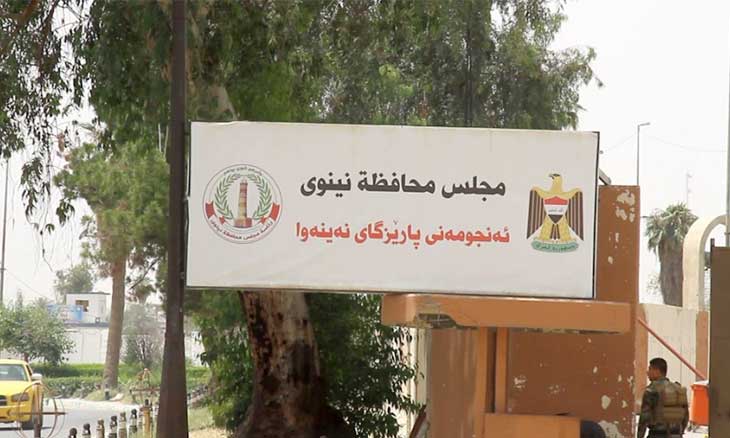
In Nineveh, Eidam Sheikh Kalo, a member of the governorate's council representing the Yazidis, said that any political disagreements could disrupt the administration and services offered to locals.
Recent disruptions have already caused delays in administrative work and service delivery, he told Shafaq News Agency, urging for dialogue to resolve these conflicts.
Kalo also pointed out that while some compare the situations in Kirkuk and Nineveh, the governorates are different, with "each facing its unique challenges."
Political analyst Abdul-Jabbar al-Jubouri noted that while security in Nineveh, Kirkuk, and Diyala is "relatively stable," recent local elections have "unsettled" the political landscape in these areas.
Al-Jubouri told Shafaq News Agency that political conflicts in Nineveh, Kirkuk, and Diyala are "delaying political stability and essential service projects for residents."
He urged the political factions to set aside personal interests and external influences, calling local council members to "come together, resolve their differences, and focus on the needs of the people."
Dr. Mohammad Ghasoub Younes, head of the RASD Center for Political and Strategic Studies, criticized governorate council members in Kirkuk, Nineveh, Diyala, and Saladin for not working together to serve their regions, instead becoming tools for political leaders.
"Nineveh is in crisis, with two main factions, 'Future Nineveh' and 'Unified Nineveh,' but there's neither a clear future nor unity in the governorate," Younes told Shafaq News Agency.
He noted that over 95% of Nineveh's council members are from outside parties dominating the governorate. "If this continues, it could harm services, projects, and security."
Younes warned that Nineveh's borders became vulnerable after the Syrian Democratic Forces (SDF) released many ISIS militants. He also mentioned that armed political factions are causing unrest for their own gain.
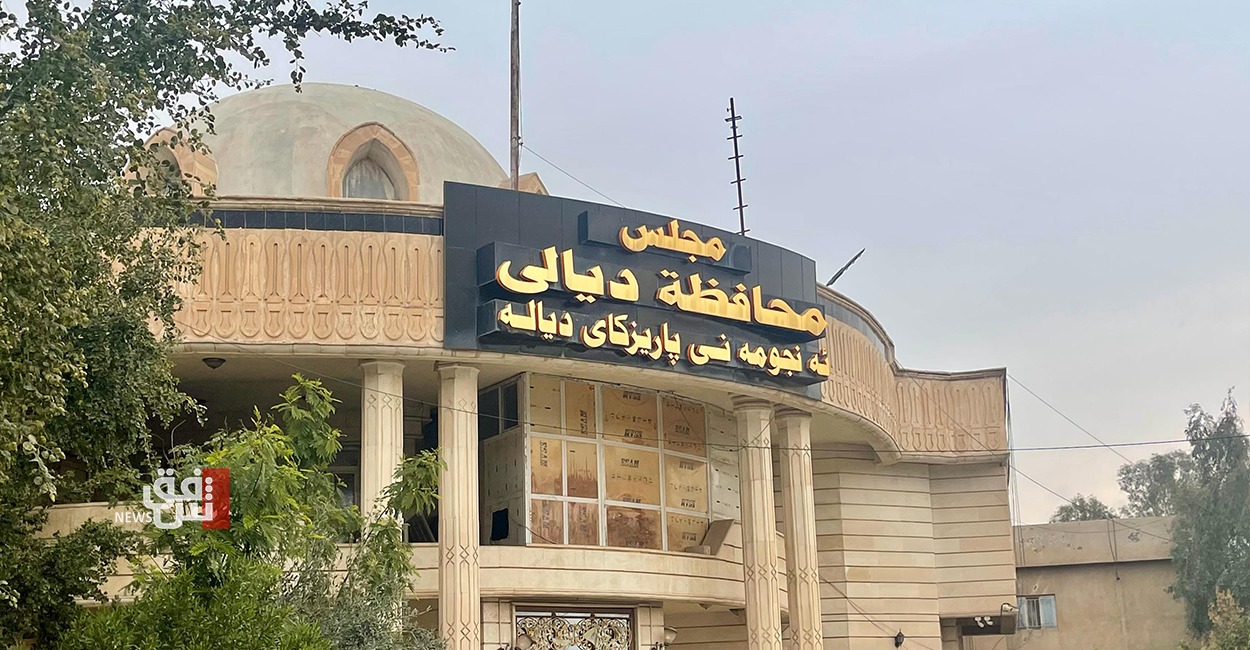
In Diyala, he said tensions among council members keep the governorate unstable, stressing its strategic importance as "a border region vulnerable to drug trafficking."
Regarding Kirkuk, Younes pointed out ongoing ethnic and sectarian conflicts within the governorate's council, made worse by disagreements over the selection of the governor and council chairman, angering the Turkmen and the KDP. He also noted ISIS activity around Kirkuk, similar to the instability in Saladin.
Younes concluded by urging political leaders to reach a consensus to maintain security in these governorates. Without it, ongoing conflicts could escalate, leading to serious security consequences. He called on leaders to prioritize the well-being of the people in these regions.
